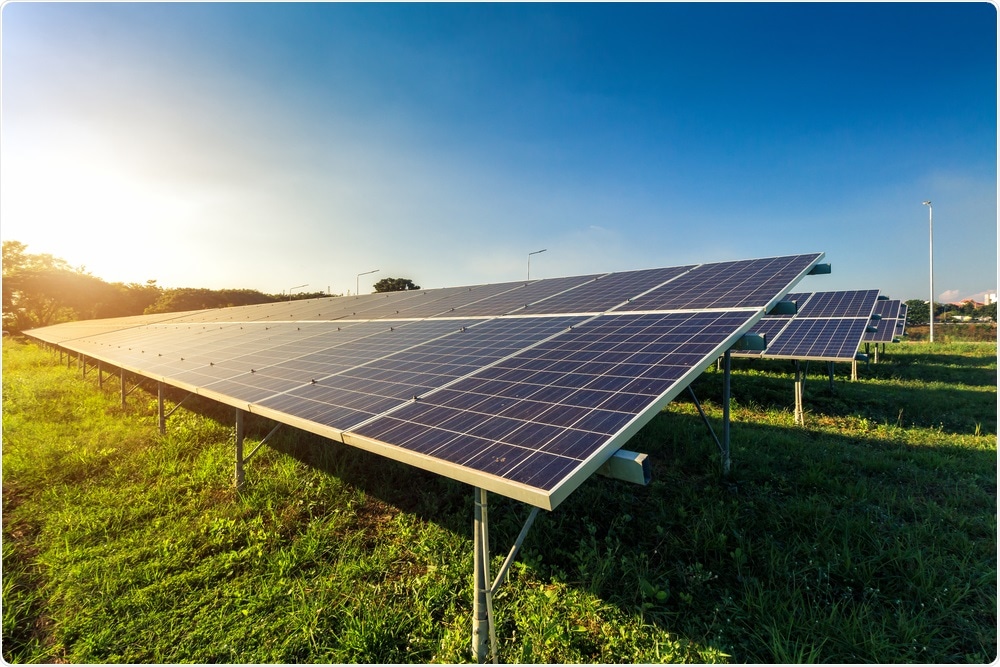During the COVID-19 pandemic, one unexpected outcome in cities around the world has been a reduction in air pollution, as people stay home to avoid contracting the coronavirus.

Image Credit: Thinnapob Proongsak/Shutterstock.com
Based on data collected in Delhi, India, researchers report that this cleaner air has led to more sunlight reaching solar panels, resulting in the production of more clean energy. The work appears June 19 in the journal Joule.
"Delhi is one of the most polluted cities on the planet," says first author Ian Marius Peters of Helmholtz-Institut Erlangen-Nürnberg for Renewable Energies in Germany.
Moreover, India enacted a drastic and sudden lockdown at the start of the pandemic. That means that reductions in air pollution happened very suddenly, making them easier to detect."
Peters and his colleagues had previously done research in different cities, including Delhi, looking at how haze and air pollution impact how much sunlight reaches the ground and the effect of air pollution on the output of solar panels.
The photovoltaic (PV) system installation in Delhi used for the earlier work was still in place, and data on the amount of solar radiation reaching the PV installation (called the level of insolation) was available for the time before and during the shutdown.
Insolation is measured with a pyranometer, an instrument that determines the solar radiation flux density from the hemisphere within a given range of wavelengths. Using data from some of their previous studies, the researchers calculated the changes in insolation.
They found that in late March, the amount of sunlight reaching the solar panels in Delhi increased by about 8%, compared with data from the same dates from 2017 to 2019. The insolation at noon increased from about 880 W/sqm to about 950 W/sqm. Information on air quality and particulate matter suggested that reduced pollution levels were a major cause for the rise.
The increase that we saw is equivalent to the difference between what a PV installation in Houston would produce compared with one in Toronto. I expected to see some difference, but I was surprised by how clearly the effect was visible."
Peters
The researchers say the new data from Delhi, combined with their earlier findings, provide a solid foundation to further study the impact of air pollution on solar resources. They expect to also find the increased output of power from solar panels in other areas where the air was cleaner due to lockdown measures.
"The pandemic has been a dramatic event in so many ways, and the world will emerge different than how it was before," Peters says.
We have got a glimpse of what a world with better air looks like and see that there may be an opportunity to 'flatten the climate curve.' I believe solar panels can play an important role, and that going forward having more PV installations could help drive a positive feedback loop that will result in clearer and cleaner skies."